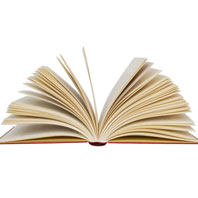
Fallen Cougars Project: Preserving a nearly lost legacy
The obituary for her father’s old friend in her hometown newspaper noted he had—like her dad— attended Washington State College for a year and a half before joining the United States Army to fight in World War II.
Kathy Aiken carried the clipping with her when she attended a talk about the Fallen Cougars Project at the Pullman Depot Heritage Center last Veterans Day. After the presentation, she showed it to the speaker, Samantha “Sam” Edgerton (’17, ’19 MA History), a doctoral student, and Raymond “Ray” Sun, the WSU associate history professor who started the project.
“Samantha and Ray looked at it, and said, ‘We … » More …

 Charles Noble Kirkham (x’45 Mech. Eng.) was a pilot aboard the U.S.S. Shangri-La at the beginning of June 1945 when the aircraft carrier was preparing for the invasion of the Japanese island of Kyushu. During that series of airstrikes, Shangri-La’s airmen faced their strongest resistance to date—and suffered their heaviest casualties.
Charles Noble Kirkham (x’45 Mech. Eng.) was a pilot aboard the U.S.S. Shangri-La at the beginning of June 1945 when the aircraft carrier was preparing for the invasion of the Japanese island of Kyushu. During that series of airstrikes, Shangri-La’s airmen faced their strongest resistance to date—and suffered their heaviest casualties.





